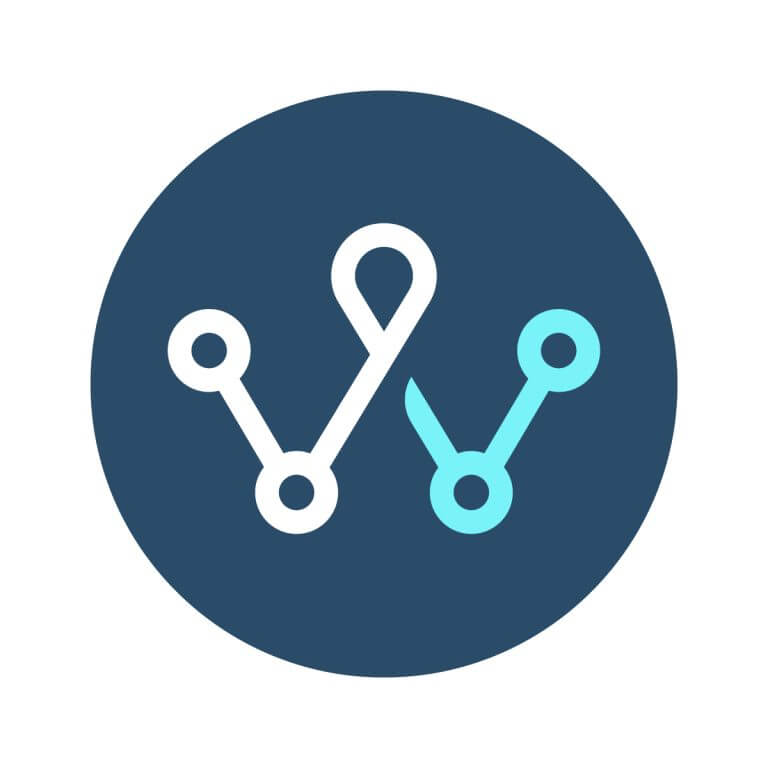Authored by: The WayPath CRM Team
Businesses rely heavily on customer relationship management (CRM) software to centralize customer interactions, streamline processes, improve customer service, and gain valuable insights from advanced metrics. Your CRM platform represents the intersection of your connections with customers, but it’s also a means of streamlining those connections while gleaning valuable information to better serve them.
Over time, companies often reach a point where they have to reevaluate their CRM platform. A CRM assessment is an important process to assess any shortcomings of your current platform and identify solutions—whether it be switching to a new platform or making better use of your existing one.
In this article, we will delve into the intricate nature of CRM assessments and the vital role of platform-agnostic experts like WayPath in ensuring a smooth process.
Understanding CRM Assessments
A CRM assessment is a detailed, comprehensive assessment of your CRM application’s health, quality, and performance. Importantly, it’s also about the program’s alignment with your business objectives.
Performing a CRM assessment involves assessing your company’s current CRM software and comparing its feature set to your company’s needs to identify potential data gaps and inefficiencies. Based on these assessments, your CRM consultant can help you prepare the best path forward for your company.
CRM assessments are important for multiple reasons:
- Ensuring your CRM program’s effectiveness
- Managing compliance with regulations
- Identifying inefficiencies and gaps
- Planning for improvements
An audit may reveal a need for unique add-ons or integrations to broaden your current platform’s capabilities or indicate it’s time to switch to a new platform. A CRM audit clarifies how you can get more valuable insights about your customers and boost your company’s efficiency and profitability.
Common Reasons a Company Needs a CRM Assessment
There are many reasons a company may seek a professional consultant to help launch a CRM assessment. Some businesses take a proactive approach with regularly scheduled audits as a form of ongoing system maintenance and quality control. Audits are also often triggered by concerns over the following:
- A decline in user adoption rates
- Poor data quality
- Outdated or inaccurate metrics
- Alignment with current objectives
- Providing maximum value
- New technology that is unavailable from the company’s current platform
- Needing better integration with other systems
The CRM Assessment Checklist
A successful CRM audit starts with careful preparation. Following a CRM assessment checklist goes a long way toward ensuring important details aren’t missed. Here’s a breakdown of the key steps a CRM audit checklist should cover.
✅ Prepare for the Audit
Preparing for a CRM audit requires meticulous planning and an organized approach. The following are essential components of the preparation process.
Identify Objectives and Goals
Clearly define what you aim to achieve with the audit. This may include optimizing system performance, enhancing data security, or complying with industry regulations. Or, you may want to identify weak points in your system that could be contributing to issues you’re experiencing, such as a drop in sales or lower customer retention or satisfaction.
Assemble the Audit Team
The audit team should have deep knowledge of available CRM platforms—but it’s equally important that they get to know your company’s processes and customer needs. The audit team should also have the technical know-how to manage the IT logistics involved in optimizing your CRM system.
✅ Assess Your Current CRM Infrastructure
Your audit team will dive deep into your existing CRM setup, thoroughly assessing its performance and capabilities. This involves three key components.
Review Data Architecture
The audit team will review your data architecture to learn how data is collected, stored, and accessed. This will aid in assessing your CRM system’s overall efficiency and identifying bottlenecks that can be improved.
Analyze Data Quality and Integrity
This involves analyzing the completeness, consistency, and accuracy of data collected and stored in your CRM platform. Discrepancies and anomalies can lead to poor communication results with customers.
Evaluate Integration Capabilities
The assessment should also assess your CRM system’s integrations to ensure they are working effectively. This includes checking for accurate data synchronization between your CRM and other systems and identifying opportunities for new or improved integrations.
✅ Clean and Migrate Clean Data
In some cases, a CRM assessment will reveal the need for add-ons or better integration with other platforms. In other cases, the best solution is a full migration to a new platform. Preparing for migration will require data cleansing and mapping to ensure the quality of the data transferred to your new system.
Map Data and Perform Transformation
These processes ensure that information from your current CRM system is moved to the new platform without loss and, just as important, that all data is placed in the right fields. This requires CRM experts who are knowledgeable about any changes in formatting and features from one system to the next, so your information ends up where it belongs and is easy to find.
✅ Manage Security and Compliance
A critical element of your audit is assessing your system’s access controls, encryption, and data backup processes. Sizing up security is also about evaluating how well your CRM platform identifies potential incidents and whether it has adequate measures in place to prevent them. How does your system respond when a security incident does occur?
Compliance is about managing personal data in a manner that follows GDPR and any other applicable regulations. You may be managing private customer information, so evaluating how this data is transmitted and stored is vital.
✅ Learn from User Experience and Satisfaction
User feedback is an essential element of your CRM audit. You’re assessing the effectiveness of your platform, so you learn a great deal from the users who are directly interacting with it. Are they experiencing positive results? Are there common complaints pointing to a weakness in your system that needs addressing?
✅ Customize and Adapt Your CRM
Finally, the audit team will assess your CRM application’s customization capabilities. Your organization has unique needs, and your platform should be able to accommodate those needs. Sometimes your processes and requirements change, so your program needs the flexibility to adapt along with your business.
The Role of Platform-Agnostic Experts
A successful CRM assessment begins with choosing the right consultants to guide you through the audit and possible migration or system upgrade. A platform-agnostic expert like WayPath Consulting has extensive, detailed knowledge of CRM platforms and the companies that use them.
Expertise Across Multiple CRM Platforms
Consultants who are well-versed in a variety of CRM applications can provide comprehensive insights and recommendations that aren’t tied to any single program. Every platform has its strengths and weaknesses, and every company has unique needs. Platform-agnostic experts know how to navigate the complex nuances that connect business goals and platform strengths, resulting in greater capabilities and efficiencies.
Customized Solutions
The CRM assessment isn’t a one-size-fits-all process. You need insights and end-point results that are unique to your operations. WayPoint can tailor the audit process to address the specific challenges and outcomes that matter to your organization. But customization doesn’t mean cutting corners. Rather, it means you get a thorough, relevant, and effective assessment for your company’s needs.
Partnering with WayPath for Your CRM Assessment
A CRM assessment is a complex, intricate process that requires a deep understanding of data management, CRM, and compliance. It also requires the same level of attention to the unique needs of the company.
WayPath partners with organizations facing every imaginable scenario with their CRM assessment, ranging from small businesses to global corporations. You don’t need to conform your needs to a consultant’s expectations—it should always be the other way around.
We provide tailored assessments and resulting solutions that align with our clients’ specific requirements. Whether you face system upgrades, a migration, or complex customized solutions, we’ll deliver with excellence.
WayPath understands the CRM landscape, but just as importantly, we work hard to understand your business and identify the best CRM solutions to help you scale, optimize operations, and connect with customers. The positive outcomes we’ve produced for our valued clients are a testament to our experience and dedication.
Get a free consultation today!




